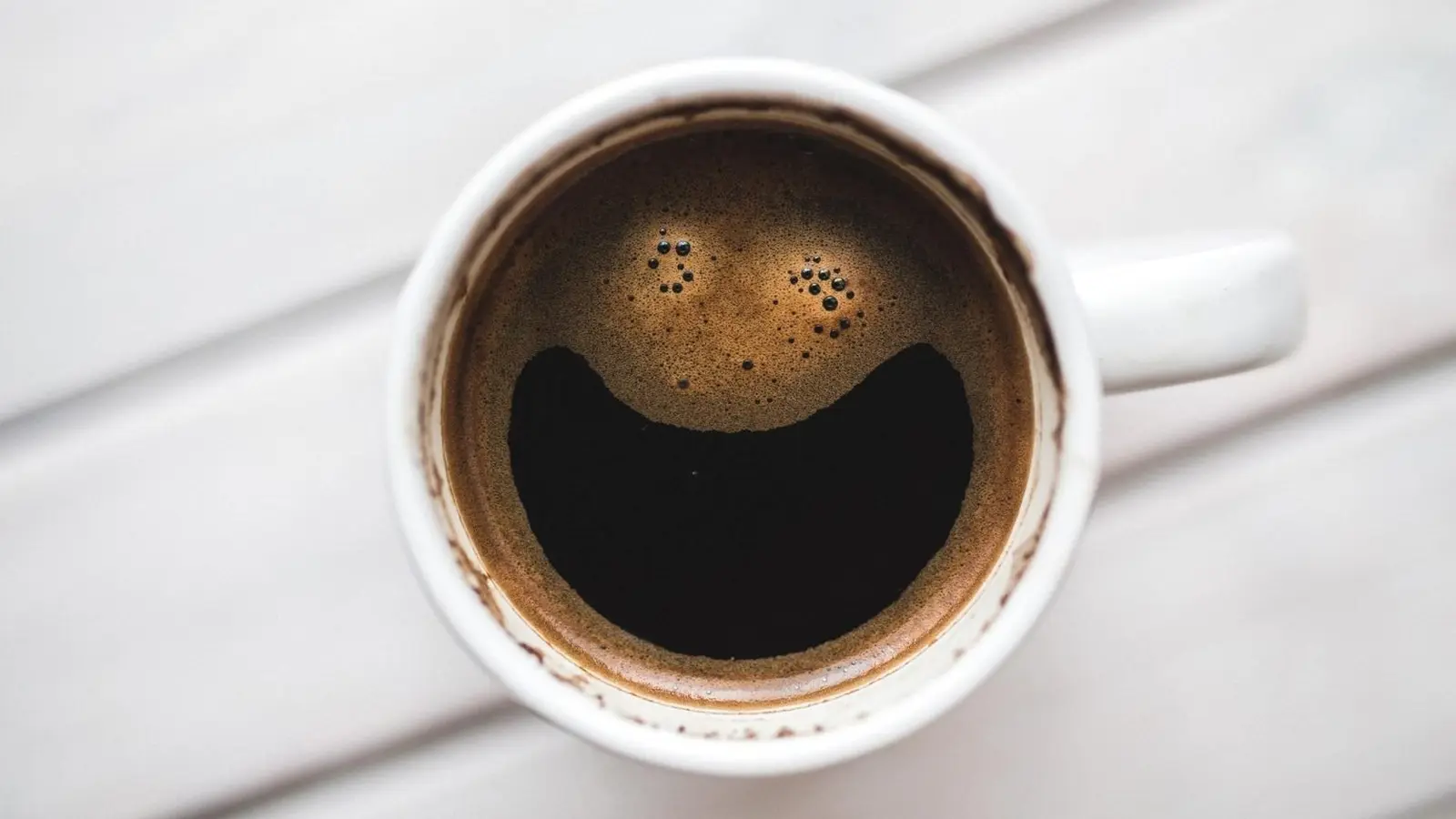5 Minutes
Daily data show morning caffeine lifts mood
Researchers from Bielefeld University and the University of Warwick report that routine caffeine consumption produces a reliable improvement in positive mood—particularly in the morning. Published in Scientific Reports, the study followed 236 young adults in Germany for up to four weeks using frequent smartphone surveys. Participants answered brief prompts seven times per day, indicating current mood and whether they had consumed a caffeinated beverage within the previous 90 minutes. This ecological momentary assessment (EMA) captured real-world effects of coffee and other caffeinated drinks outside laboratory conditions.
Study design and population
The cohort comprised young adults who provided repeated self-reports over multiple days. By comparing responses recorded on mornings when participants had consumed caffeine with mornings when they had not, the research team found a consistent uplift in positive affect: participants reported feeling happier and more energetic after morning caffeine intake. The analysis also detected reduced reports of negative feelings—such as sadness or irritability—following caffeine consumption, though these reductions were smaller and did not vary by time of day.
Biological mechanisms and contextual factors
The authors explain the effect through well-established neurochemical actions of caffeine. Caffeine blocks adenosine receptors, a mechanism that promotes wakefulness and can increase dopamine signaling in brain areas involved in reward and motivation. Professor Anu Realo (University of Warwick) summarizes: caffeine’s blockade of adenosine receptors is linked to greater alertness and a measurable lift in mood. Adenosine normally accumulates during wakefulness and promotes sleepiness; when caffeine antagonizes these receptors, people often report increased energy and improved positive affect.
However, the study leaves open whether the observed morning boost is driven primarily by pharmacology or by relief from mild overnight withdrawal. Even moderate daily consumers can experience transient withdrawal after sleep, which may dissipate with the first coffee or tea of the day. The authors also note sample limitations: people who have strong adverse reactions to caffeine may avoid it and therefore are underrepresented in this study.

Key findings, implications and future directions
Across individuals with different habitual caffeine intake levels and varying degrees of depressive symptoms, anxiety or sleep problems, the relationship between recent caffeine use and mood was broadly similar. "We were surprised to find fairly consistent effects across groups," said Justin Hachenberger (Bielefeld University), reflecting that the short-term mood associations did not depend strongly on baseline consumption patterns.
The findings have practical implications for public health and personal routines. For many people, morning caffeine can be an accessible way to enhance alertness and positive mood. Yet the authors caution against overuse: caffeine dependence is real, excessive intake carries health risks, and late-day consumption can impair sleep quality—an established pathway to worse mood and cognition.
Related technologies and research prospects include expanded EMA studies, wearable sleep and activity trackers to link caffeine timing with biometric sleep markers, and neuroimaging to quantify dopamine-related effects after routine doses. Longitudinal work could disentangle acute pharmacological benefits from withdrawal relief and clarify effects across older age groups and clinical populations.
Expert Insight
Dr. Mira Patel, science communicator and former behavioral scientist, comments: "This study highlights the value of real-world data collection. EMA methods bridge the gap between controlled trials and everyday experience, showing how common behaviors—like morning coffee—shape mood in natural settings. Future work that combines survey data with objective sleep and physiology measures will sharpen our understanding of who benefits most and why."
Researchers recommend balanced caffeine use: for those who enjoy a morning cup, timing it early helps maximize daytime benefits while minimizing sleep disruption. Health professionals should consider individual sensitivity, comorbid anxiety, and sleep patterns when advising on caffeine.
Conclusion
The multi-week smartphone study from Bielefeld University and the University of Warwick provides robust evidence that morning caffeine consumption is associated with transient increases in positive mood and energy among young adults. While negative feelings also decreased modestly after caffeine, the most pronounced effect was the morning lift in happiness and alertness. The results underline caffeine’s widespread behavioral impact and point to further research using combined subjective and objective measures to clarify mechanisms, risks and long-term consequences of habitual caffeine use.
Source: scitechdaily


Leave a Comment